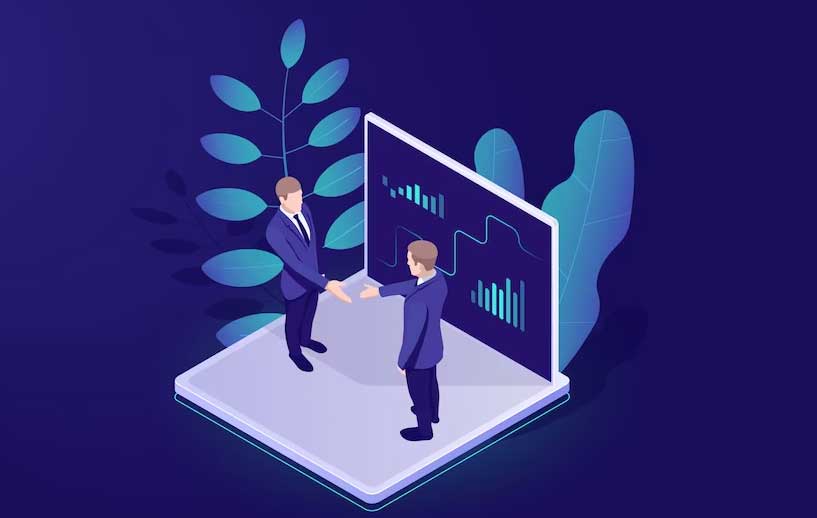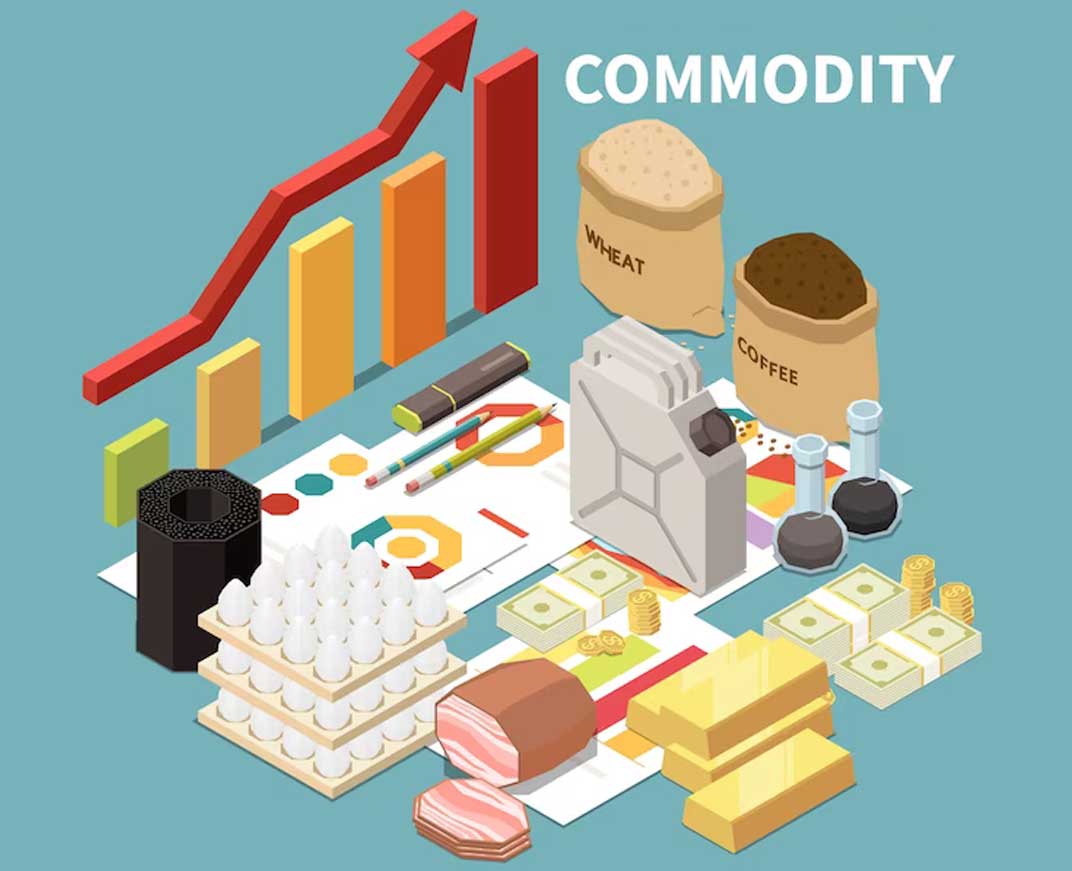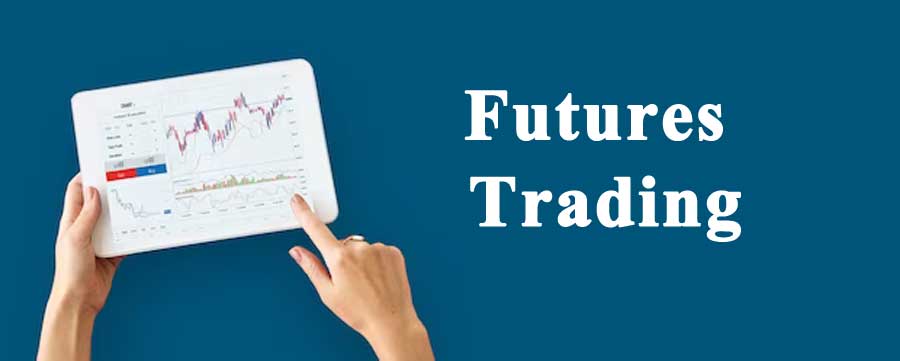Learn more about Nasdaq futures here.
Nasdaq Futures is one of the most popular trading instruments for traders who are looking to capitalize on the volatility of the technology sector. Nasdaq Futures is a contract that tracks the performance of the Nasdaq 100 Index, which consists of 100 of the largest non-financial companies listed on the Nasdaq Stock Exchange. In this article, we will discuss popular trading techniques for Nasdaq Futures.
1. Trend-following strategy
One of the most popular trading techniques for Nasdaq Futures is the trend-following strategy. This strategy involves identifying the direction of the trend and trading in the direction of the trend. The trend can be identified using technical indicators such as moving averages, trend lines, and the Relative Strength Index (RSI). Traders can use these indicators to determine whether the trend is bullish or bearish and enter trades accordingly. The key to success with this strategy is to enter trades early in the trend and exit before the trend reverses.
2. Breakout strategy
The breakout strategy is another popular trading technique for Nasdaq Futures. This strategy involves identifying key levels of support and resistance and trading the breakouts. When the price breaks above a key level of resistance, traders can enter a long position, and when the price breaks below a key level of support, traders can enter a short position. Traders can use technical indicators such as Bollinger Bands, Moving Average Convergence Divergence (MACD), and the Average True Range (ATR) to identify key levels of support and resistance.
3. Scalping strategy
The scalping strategy is a short-term trading technique that involves entering and exiting trades quickly to capture small price movements. This strategy is popular among day traders who are looking to profit from the volatility of the Nasdaq Futures market. Scalping requires a high level of discipline and a good understanding of market dynamics. Traders who use this strategy must be able to quickly identify trading opportunities and execute trades with precision.
4. Position trading strategy
The position trading strategy is a long-term trading technique that involves holding positions for several weeks or months. This strategy is popular among traders who are looking to capitalize on the long-term trends in the technology sector. Position traders must have a good understanding of market fundamentals and be able to identify companies that have strong growth potential. This strategy requires patience and discipline, as traders must be able to withstand short-term price fluctuations.
5. News trading strategy
The news trading strategy is a trading technique that involves trading on the basis of market news and events. Traders who use this strategy must be able to quickly interpret market news and make trading decisions based on the impact of the news on the Nasdaq Futures market. This strategy can be very profitable, but it is also very risky, as market news can be unpredictable and can cause large price movements.
6. Range trading strategy
The range trading strategy is a trading technique that involves trading in a narrow range of prices. This strategy is popular among traders who are looking to profit from the sideways movements in the Nasdaq Futures market. Traders who use this strategy must be able to identify key levels of support and resistance and trade within these levels. This strategy requires patience and discipline, as traders must be able to wait for the right trading opportunities to present themselves.
7. Options trading strategy
The options trading strategy is a trading technique that involves trading options contracts on the Nasdaq Futures market. Options contracts give traders the right, but not the obligation, to buy or sell Nasdaq Futures at a specific price and time. Traders who use this strategy must have a good understanding of options pricing and be able to identify trading opportunities that offer a good risk-to-reward ratio.
Ready to start trading futures? Call 1(800)454-9572 and speak to one of our experienced, Series-3 licensed futures brokers and start your futures trading journey at E-Futures.com today.
Disclaimer – Trading Futures, Options on Futures, and retail off-exchange foreign currency transactions involves substantial risk of loss and is not suitable for all investors. Past performance is not indicative of future results. You should carefully consider whether trading is suitable for you in light of your circumstances, knowledge, and financial resources. You may lose all or more of your initial investment. Opinions, market data, and recommendations are subject to change at any time.







